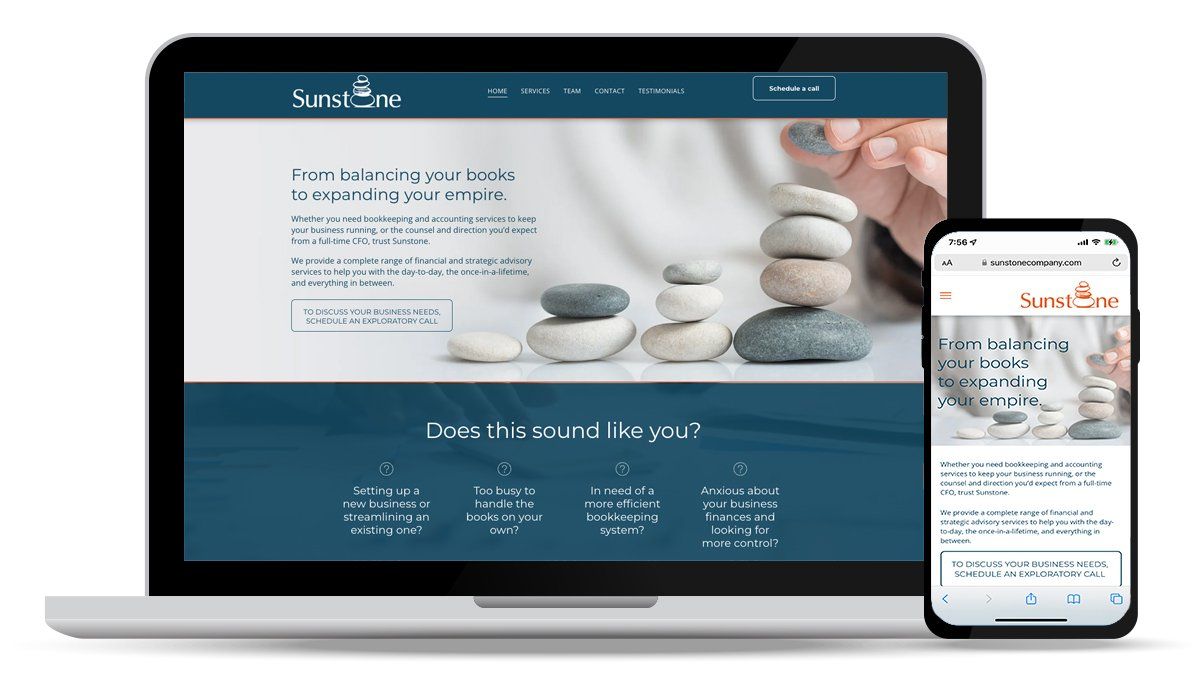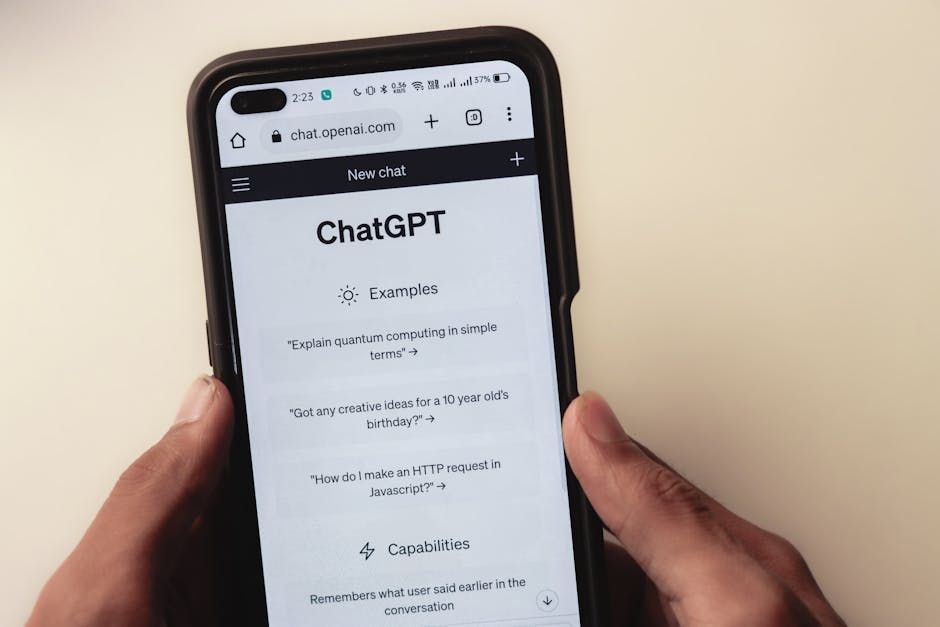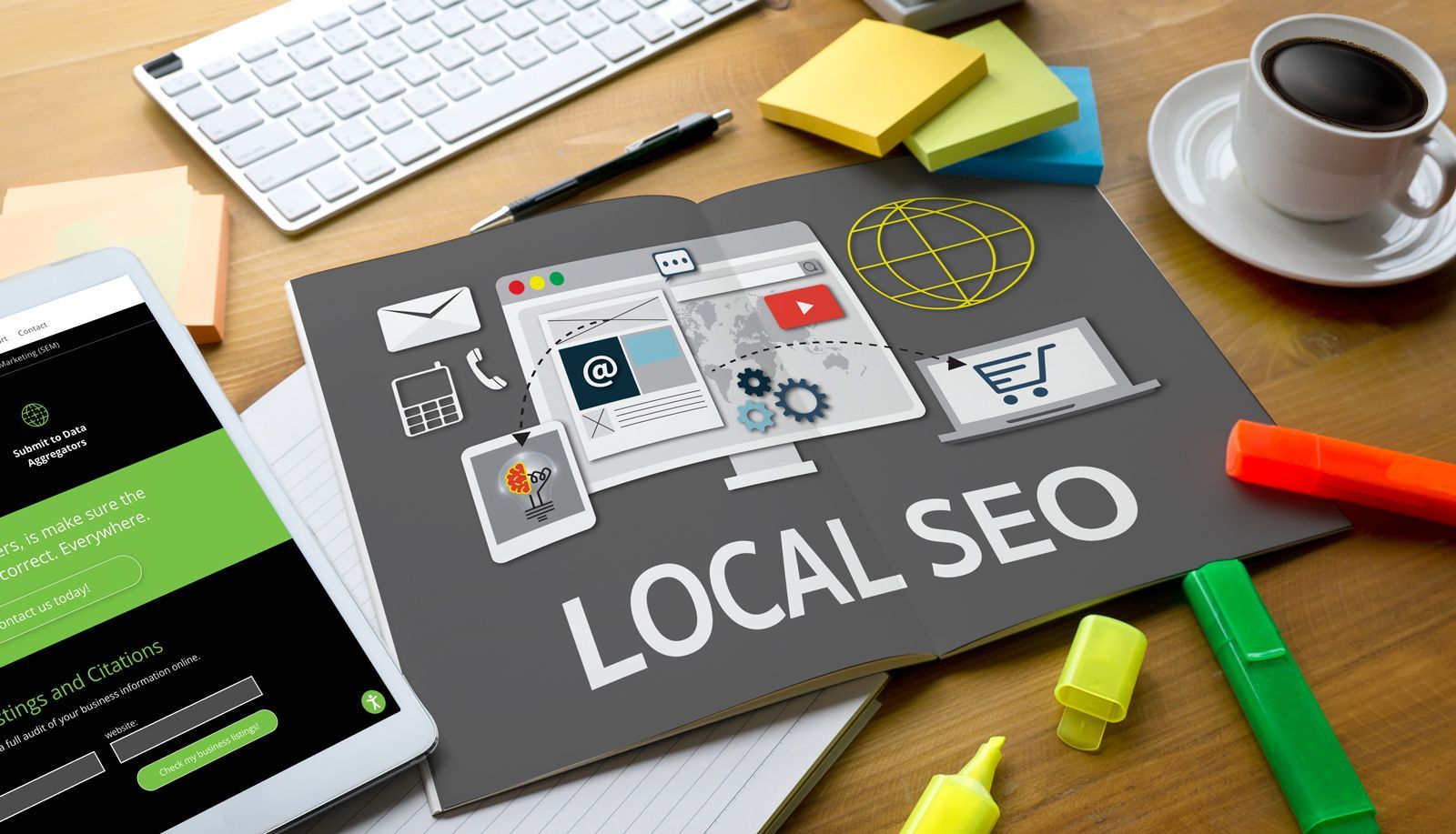How Much Does It Cost to Build a Website? Everything You Need to Know
There are over 2 billion websites on the internet as we speak — and almost half of all people judge a business's credibility based on the design of its site.
There's no questioning the importance of having a professional, informative website that can quickly help customers find what they need. But for new businesses that haven't built a website yet, it can be a bit overwhelming.
The main question is: how much does it cost to build a website?
In this article, we'll answer that question in detail and tell you everything you need to know about what to expect when building your business's website.
Keep reading to learn more.

The Essential Tools of Building a Website
Building a website isn't as simple as making a single purchase and loading up your business information on it.
With that said, if you are starting a business and "just need a website" for people to see you actual exist, you don't need to hire a professional designer or developer with deep technical knowledge. There are several tools available that are designed to help small businesses and individuals put together a DIY (do-it-yourself) website.
But you need to know exactly what you need. I would recommend the less is more strategy for first time website builders. Keep it straight forward. Just hang your digital shingle. Make sure it is super easy for people to call or email you first. Then add what ever you want. It is best to write out your goals and make a plan for your website goals. Otherwise, you'll be spending an unnecessary amount on things you don't need.
There are four critical things you'll need no matter what kind of website you put together:
- Domain Registration ($10 to $30 a year)
- Web Hosting ($30 to $850)
- Design and build ($0 to $4,000+)
- Post-launch maintenance and marketing
We'll go into detail for each below.
Domain Registration
The first thing you'll need when putting together your website is a domain name. This is the web address that people will type in to access your website. It looks like this:
- www.yourdomain.com
It's also what will pop up if they enter your website into a search engine like Google.
After you brainstorm the perfect domain name to represent your business, the next step is registering it. Once you register the domain, you can keep it up for a year.
Not only do you have to select the beginning of the domain name, but it's important to select the right extension as well. This includes:
- .com
- .org
- .co
- .net
.org is a great option for organizations, but as you probably already know, .com is by far the most popular extension, meaning more users will relate to and recognize it.
It's important to note that registering your domain only lasts for a year, so you'll have to renew it every year. If you don't, it will expire, and your carefully chosen domain name will be up for grabs for anyone on the internet.
The average price for domain registration is usually between $10 and $30 a year. The domain registrar we use the most is called
hover. Very easy registration and the best price.
Hover will include services like private registrations which other registrars charge you extra for.
Web Hosting
The next important factor in building a website is web hosting. This is the place where all of your website content, images, files, and videos will be stored on the internet. You can think of it as the home or storage unit where all of your data will exist.
When a web surfer types in your domain name and clicks through to your website, they're being directed to the web hosting server where all of your online "stuff" is stored.
On top of that, your web hosts provide internet connectivity for your website. This makes it available for users at any time and anywhere around the world.
So how much do web hosts cost?
There are a few different types of web hosting to choose from, so let's take a deeper look at each of them.
Shared Hosting
If you use shared hosting, you're sharing a single web server with several other websites. It's almost like renting an apartment in a building with many other neighbors.
This makes it much more affordable. It also makes it easier to manage your domain, email, and website. This option is great for personal blogs, small businesses, or websites that only expect low traffic.
However, the downside is that shared hosting isn't nearly as secure or fast as other options like managed hosting. You can expect more website downtime due to slow server response times or slow loading of pages.
Your security might even be put at risk because of a mistake that another website on your server makes.
Managed Hosting
Managed hosting, as the name suggests, pretty much takes care of everything you need when it comes to web hosting. You can think of this type of hosting as having a house that comes with a security team, a butler, and a maintenance crew.
It is considered much more powerful than shared hosting. The web hosting company will handle all of your website's updates and security, and will even back up all of your files. They often come with round-the-clock customer support as well.
But with all of these perks come a much higher price tag as well. It's mostly only available for websites that use WordPress. Some web hosting companies might also have certain limitations on plugins as well.
Managed hosting is a good option for websites that receive a lot of traffic or are run by medium-to-large-scale businesses.
Website Builders
Now comes the fun part. After you've decided on your domain registration and your web hosting, you should choose a website builder to start designing. Whether you're experienced or not, these website builders are very intuitive and make it easy to start.
They come with tons of customization options so that you can build the website of your dreams. They make it easy to add plugins and SEO tags as well.
If you're on a tight budget, using these website builders on your own will save you on design costs. They typically have intuitive drag-and-drop features to build your landing page.
However, it can be hard to get the perfect design that you might be imagining or inputting complicated code. You'll also be settling for templated options that might not let you stand out from the competition.
Some DIY builders also have a negative effect when it comes to website performance and even your overall SEO score. Search engines like Google want to send their users the best website experiences related to their search terms, and it can be hard to do this on your own.
With that said, if you prefer to go the DIY route, I highly recommend keeping it simple. Keep it 1-3 pages and keep the focus on contacting you or visiting your location.
If the goal is to attract customers you would be wise to hire a professional
Your website should be an extension of your business. And even though a 1-3 page site may be great for validating your business to prospective customers, it won't stand out in a competitive market.
For your business to be successful, your products and services need to be better than your competitors. And for your website to be successful it should provide a better experience than your competitors.
Why Your Business Should Hire Professional Website Designers
Although it isn't hard to get started designing your own website with intuitive website builders, you might find that you'd rather hire a professional web designer. Although it will cost more, it can take a huge burden off your back and allow you to get a beautiful, smoothly-running website that will provide the experience your customers deserve. One that demonstrates the quality your business provides.
Depending on the website designer, they may charge a flat rate for the project or have you pay by the hour. You'll want to do careful research to make sure that they are the right person for the project and have the skills necessary to build the website you're envisioning.
Check their portfolio to see the kinds of pages they've built. You can also provide websites that you like to give them an idea of what you're looking for. The more information you give them, the better. Expect professional designers to ask a lot of questions. And the professional designers will welcome your questions. They like them! So ask away. There are no stupid questions ever.
Web designer costs can vary widely depending on their experience and the needs of your project. The average cost usually falls between $45 and $200+ an hour.
Search Engine Optimization (SEO)
Once your website is built out, it will be important to start driving traffic to it. Despite what you may think, this doesn't just happen once you have your web address. It takes a lot of work to get seen on the internet.
One of the most effective ways to drive traffic is to get ranked on search engines like Google and Bing. Getting your web pages highly ranked for certain keywords on search engine results pages (SERPs) can result in tons of traffic and in turn, conversions and revenue.
To do this, you have to write plenty of useful content on your website. You can do this yourself, but you might miss out on integrating essential keywords and phrases that only a professional SEO writer can identify. They'll also provide a content management system and schedule so that your rankings continue to grow in the long run.
SEO work is something that is ongoing. The best strategy is to position yourself as an authority in your industry. That takes a lot of work and consistent content development. Hiring an SEO expert to work with you on a regular basis is one of the best investments you can make for your business.
Hiring an SEO specialist can cost anywhere from $250 to $6,000 a month, depending on how many web pages and how much content you want them to write and optimize.
Planning and Estimating the Cost of Building a Website
Before you start building your website, it's important to make a plan based on your goals. If you just start picking up products as you go, you'll likely end up spending way more than you need to.
Let's go through some questions that will help you figure out what you need.
What Features Do You Need?
Depending on your business and industry, there are very specific features that you'll need for your website. Make sure you write all of these down so that you can figure out how much it will cost you.
Some features include:
- Content Management System
- Forums for communication
- Login IDs
- eCommerce features
- Integration with a CRM
- AI chatbots
Some features can be added with a simple plugin, while others might need a professional to develop. Creating a list can help you prioritize what's most important.
Should You Hire a Professional Designer Or Build It Yourself?
If you're not picky about the minute details of your website, you're looking to save on costs, or you just want to hit the ground running, you can just use a website builder and start with a pre-built theme. Platforms like WordPress offer several beautiful themes that can help you save thousands of dollars.
But if your business needs a page that looks a particular way or has complicated functions, you should look into hiring design services. Keep in mind that designers and developers are much more expensive. You can expect to pay anywhere from $20 to $100+ an hour for a professional web developer.
What's Your Budget?
Like any other big project, it's important to carefully plan your budget from the beginning so you don't end up getting stuck halfway through the design stage.
Creating a list of exactly what you need will ensure that you don't end up overspending and exceeding your planned budget.
Here are a few tips to avoid wasting money when you build or pay for a website.
First, start small. You can always grow your website in the future, so there's no need to blow your whole budget from the beginning. There are plenty of free themes and plugins to choose from, and you can always plan on using more premium products as you grow.
Always keep your budget in mind and prioritize the most essential features for your website. It's easy to have shiny item syndrome and chase other fun features you see on other business websites, but don't blow your budget on something you don't critically need.
Website cost estimates
Once you create a list of needs for your business, your site will fall into one of three categories.
- Your business just needs a website. meaning it need validation for your customers. A digital shingle to hang up and say you are open for business. We call this The Validator.
- You need a website built on a solid foundation that is not just a validator, but a strong lead generating machine. A strategic custom design gives more traffic and a higher conversion rate top priority. You website needs to serve as an active player in your business. From sale and support for your customers to attracting new business and solidifying your brand as an authority in your market. We call this one The Performer.
- You need an complete on-line business designed to accelerate lead generation and sales conversions. There is heavy emphasis on user experience (UX) and how people interact with your website. This is typically for larger businesses, well established brands, and e-commerce websites. This one is called The Dominator.

Web design agencies will have their own strategies and their own processes. Choose wisely. Remember that all of them should be experts in the communication business, so ask a lot of questions. And if you feel you are not being heard, it probably isn't a good fit.
Build a Website With a Trusted Partner
Now that you have a general idea of what it takes to build a website and the costs associated, it's time to get started! Make a list of everything you need and keep your budget in mind. You can start looking at different domain names, web hosting, and website builders for your website.
If you need help designing or optimizing your website's marketing, look no further. Clover Creative Group offers professional marketing materials and website design services so your new website can hit the ground running.
Contact us now for a free consultation!
Media Contact
Company Name: Clover Creative Group LLC
Contact Person: Shawn Dixon
Email: Send Email
Phone: 603-677-7032
Address: 234 Camp Rd.
City: Plainfield
State: New Hampshire
Country: United States
Website: clovercreativegroup.com
Did you find this article helpful? Please consider sharing.







